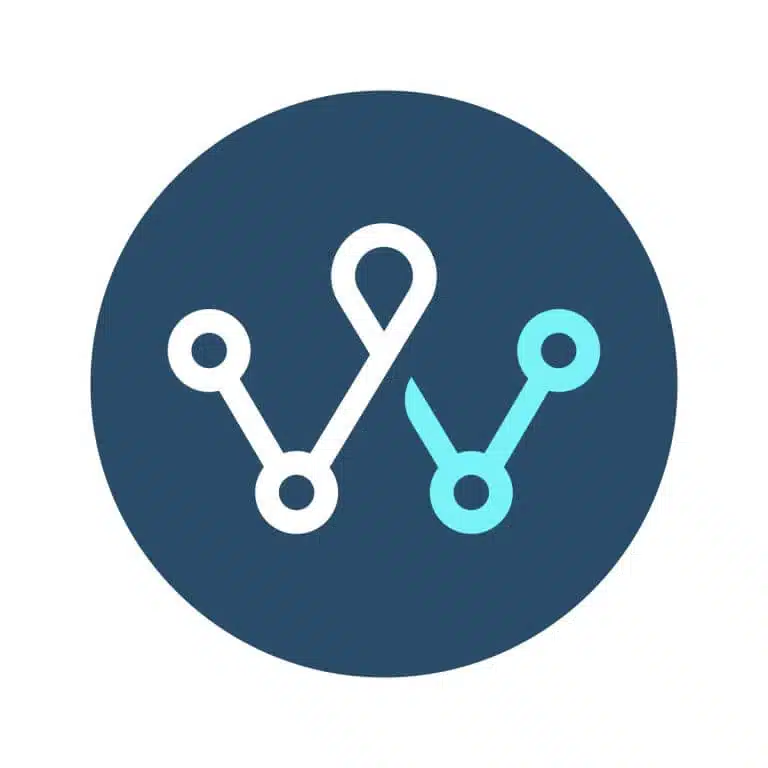In our modern digital world, customer relationship management (CRM) software is a must-have for businesses seeking to gain and maintain an edge over their competition. That’s because organizations understand that they need to place their customers firmly at the center of everything they do.
Thoughtfully selected and properly implemented, enterprise CRM software solutions can boost employee productivity; gather customer data and insights; identify and attract potential customers; develop, execute, and measure marketing campaigns; and automate almost every process.
And it’s a booming marketplace. In fact, CRM software is now the biggest software market in the world, and it’s expected to reach more than $80 billion in revenue by 2025.
But with so many systems and solutions out there, how do you know which one is right for your business? Perhaps you have a suite of legacy CRM solutions costing you money but not serving you well. If that’s the case, read on.
In this article, we’ll take a 360-degree view of enterprise CRM software, understand its many potential benefits, and consider what to look for when making investment decisions.
What Is Enterprise CRM Software?
An enterprise CRM system acts as the “digital glue” that connects employees, customers, and data.
It facilitates collaboration and timely information-sharing among the people in your organization who work with your customers and prospects.
These individuals could include sales and marketing teams, customer success managers, help desk personnel, and finance team members.
Enterprise CRM vs. SMB CRM
Naturally, the right choice of CRM solution will depend on several factors, including the industry in which you operate and the size of your business.
Let’s take a moment to compare enterprise CRM and CRM solutions for small and medium-sized businesses (SMBs).
Enterprise CRM solutions are geared to meet the needs of larger businesses that have hundreds – perhaps thousands – of employees and customers. These organizations might have a complex and multi-dimensional set of products and services, and they could operate across international borders.
The size and scope of large enterprises’ operations introduce a level of complexity. Enterprise CRM software helps by centralizing and organizing all of their customer-focused endeavors. These systems unify large volumes of data while coordinating and streamlining a range of business processes.
To enable this, enterprise CRM software is generally embedded with a high level of automation. It can usually be easily customized to meet the specific needs of the organization and its customers.
Of course, this rich functionality comes with a higher price tag, but one that larger enterprises feel is justified given the time and resource savings that these solutions deliver. In addition, enterprise CRM software usually comes with a high level of post-implementation support from the vendor.
CRM software for SMBs is expressly designed to address the needs of smaller, less complex organizations. In most SMBs, sales, marketing, and customer outreach efforts are the responsibility of a small, in-house team. For this reason, SMB CRM software focuses on features such as calendars, email marketing, and basic contact management.
These solutions are typically less expensive than enterprise CRM tools, and some are available on a “freemium” basis, with the ability to upgrade or add new users at any time.
Selecting Enterprise CRM Software That’s Right for Your Business
Selecting the right enterprise CRM software can feel like a daunting and confusing task as most vendors will be quick to tout their products as best-in-class.
Try to steer clear of the hype and focus instead on understanding – and even trying out – the features and functions offered by each potential solution. Evaluate these capabilities against the specific requirements of your business before making any purchases.
Features to Look for When Selecting Enterprise CRM Software
Based on our years of experience, WayPath suggests that organizations consider the following features when evaluating their options:
Ease of Use
We should always remember that technology should work for people – not the other way around. While enterprise CRM software needs to be infused with rich functionality to coordinate and automate multiple data sets and tasks, it shouldn’t be difficult to use.
Ultimately, if you expect your employees to use digital tools that they find non-intuitive, they’ll stop using them – which will dilute the value of your investment.
Interoperability
The ability for your software to integrate seamlessly with your other digital tools is critical.
For example, does the solution interoperate with your marketing automation software or your ticketing solution?
Workflows and Approvals
Bottlenecks and manual input are the enemies of customer success. A system that allows for swift and seamless workflow processing will make your teams’ lives much easier and ultimately lead to you winning more profitable business.
Your system should automatically capture every action and outreach at the moment they happen – for example, telephone calls and emails to customers, marketing campaign activities, in-person or virtual events, and contract signings and renewals. The system should analyze and process this data in the background.
Reporting
As the saying goes, “you can’t manage what you can’t measure.” Having accurate, relevant, real-time customer data at your fingertips puts you firmly on track to improving customer satisfaction and winning greater market share.
By analyzing meaningful reports, you can quickly identify where you’re doing well and where areas for improvement might lie. This allows you to pivot and reallocate resources or adjust your strategy.
Best CRM Software for Enterprise Companies
The enterprise CRM solutions market is a crowded one, and there are many excellent options out there. Here’s our list of some of the most popular and widely-used enterprise solutions to consider when making your selection.
Salesforce Sales Cloud
Salesforce Sales Cloud is designed with marketing, sales, and customer support teams in B2B and B2C organizations in mind.
It runs on both desktop and mobile devices, and its core features include lead and opportunity management, quote management, and workflow visualization.
The solution is popular with organizations that run multiple sales departments.
SAP Sales Cloud
As its name suggests, SAP Sales Cloud is a cloud-based, software-as-a-service (SaaS) product. However, it can be integrated with legacy systems such as SAP S/4 HANA.
One of its drawcards is its ability to keep track of all customer activities at a granular level. It’s also suitable for organizations seeking a bit of extra help with their quotes and contracts.
Microsoft Dynamics 365 Sales
Dynamics 365 Sales is a great solution for businesses seeking deep and actionable insights about their customers to move them through their pipelines quickly.
Its features also simplify the process of managing partner relationships and keeping on top of field service activities. The software can be deployed on Microsoft’s cloud, a hosted cloud, or a private on-premise cloud.
Oracle CX Sales
Oracle CX Sales is a SaaS solution that includes advanced artificial intelligence functionality. This guides and optimizes organizations’ sales results and customer satisfaction.
Other popular features include a partner portal, a responsive and intuitive user interface, and social collaboration capabilities.
Final Thoughts
At WayPath, we understand that you take your enterprise CRM investment seriously and might feel you need a partner to help guide you through your options to arrive at the correct decision.
WayPath can build a tailored CRM solution for you. We’ll collaborate closely with you to create a CRM strategy that aligns with your business strategy and goals. Furthermore, this strategy will be strongly underpinned by user-centric analytics and experience design that helps simplify your operational ecosystem with a particular focus on sales, marketing, and customer service.
We’ll also define quantifiable objectives, so you know exactly what you’ll get with your CRM platform.
When it’s correctly implemented, CRM can be the glue that binds together all of your operating units so you can operate as one integrated enterprise in the eyes of your customers. It can uncover new paths to customer-centricity and serve as a potent enabler of your customer relationship management strategy. So, make sure you do it right. Make sure you do it with WayPath.
Contact us today to discuss how we can help.




